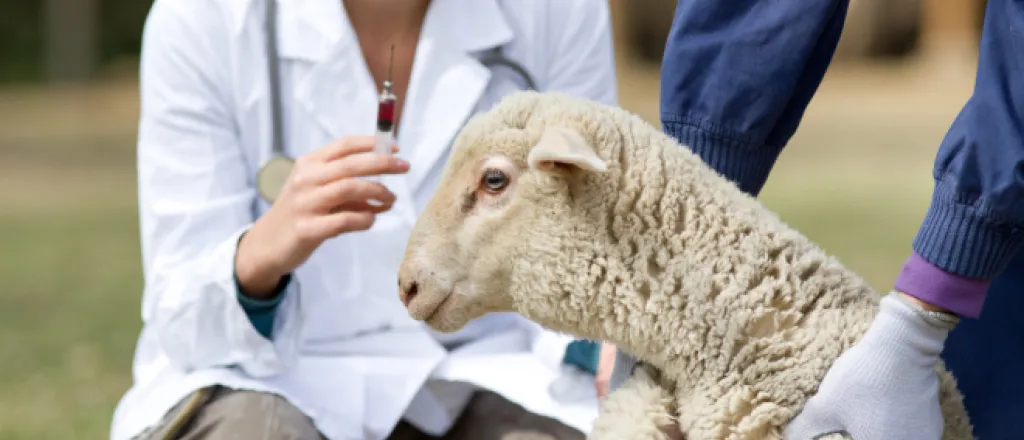
Symptoms That Your Sheep May Have Listeria
©
Listeria monocytogenes is a bacterium found in soil, water, and some food products. Although it may seem benign in most environments, it can become life-threatening for your livestock. Sheep, particularly those in certain farming conditions, are vulnerable to Listeria, which can lead to a condition known as listeriosis.
Recognizing the symptoms your sheep may have Listeria in their early stages can make the difference between life and death. The better you understand these signs and the intervention measures available, the better you can protect your flock and ensure the sustainability of your farming operations.
Neurological Symptoms
These neurological symptoms become particularly alarming as Listeriosis progresses and starts affecting the sheep's nervous system. The symptom of circling is a clear manifestation of the disease's impact on the sheep's balance and coordination, making them consistently walk in circles in one direction. A significant head tilt, another sign of loss in coordination and balance, usually accompanies this.
Fever
Fever is a common symptom of many illnesses, including listeriosis. If you notice your sheep is warmer than usual, it could indicate a high temperature. Typically, the body temperature of a healthy sheep ranges from 101 to 104 degrees Fahrenheit. However, in the case of Listeria, affected sheep will often run temperatures exceeding this range, as their bodies are working harder to combat the bacterial invasion.
Depression and Lack of Appetite
Sick sheep may appear depressed, lack interest in their surroundings, or choose to isolate themselves from the rest of the flock. These animals may also display a significant decrease in appetite or stop eating entirely. Unexplained weight loss can often serve as an early alert to possible health issues. Regularly weighing your livestock is important because it allows you to closely monitor their health; weight changes can indicate underlying health problems.
Miscarriage in Pregnant Ewes
Listeriosis in pregnant ewes can lead to miscarriages, which typically occur in the last trimester. This is due to the bacterium's ability to cross the placental barrier, leading to fetus infection. The infection in the fetus triggers an inflammatory response, which can cause the ewe to miscarry. This is a particularly devastating outcome for farmers, as it impacts not only the sheep's health but also the flock's productivity.
Diarrhea
While diarrhea is a less common symptom of Listeria in sheep, it can be a worrying sign of the disease. An afflicted sheep may exhibit frequent, loose, or watery stool. This also comes with a change in the color or odor of the feces, which may become foul-smelling and darker, indicating the presence of blood or mucus.
Being aware of the symptoms of listeriosis in sheep and practicing regular weight monitoring can help you maintain your sheep's health, ensuring a productive and thriving flock. Your livestock is only as healthy as the weakest member, so ensuring the well-being of every animal is crucial.

















